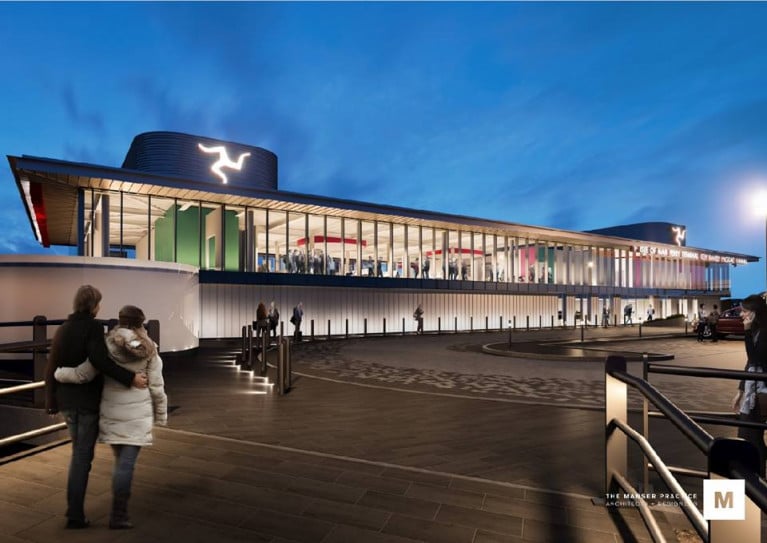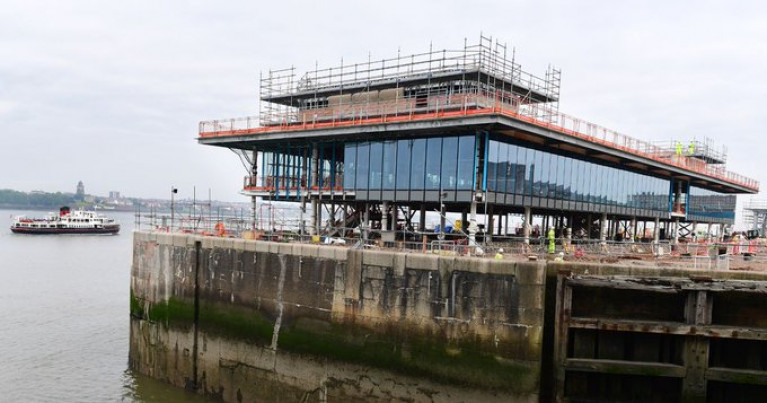Displaying items by tag: Open 2023
Deadline of June 2023 for New Isle of Man Ferry Terminal in Liverpool 'Still Realistic'
The Isle of Man Minister for Infrastructure doesn't think the ferry terminal project will cost more than already requested.
The minister doesn't believe work to the Liverpool Ferry Terminal project will cost more than has already been requested by his predecessor.
The project is expected to cost more than double what was initially requested of Tynwald.
Chris Thomas insists the June 2023 deadline is still realistic and says whilst not everything was straight forward with this project - he believes it's not right to penalise other off-Island projects in future.
ManxRadio reports including a link to the podcast with the Minister spreaking on the terminal that is to serve the route to Douglas Harbour.
Construction on the brand new Isle of Man ferry terminal in Liverpool is continuing to press ahead with new images showing the latest progress achieved on the project.
Plans for the new terminal were approved by Liverpool City Council ’s planning committee in April 2019. The project, which would see the Isle of Man Steam Packet company continuing to operate ferries from the city, is expected to be completed by June 2023.
Work initially began in November 2019 and was expected to have been completed by August 2021, but delays have seen the completion date moved back.
Once open, the Manx Government will have invested over £70m into the project, having initially estimated it could cost in the region of £38m.
The Manx Government told the ECHO last month that the Covid-19 pandemic was one of the main causes for the delays - with the impacts on the construction industry affecting the development. However significant progress is now being made on the terminal structure.
LiverpoolEcho has more on the new Irish Sea ferry terminal that is to serve the Merseyside-Manx link.






























































